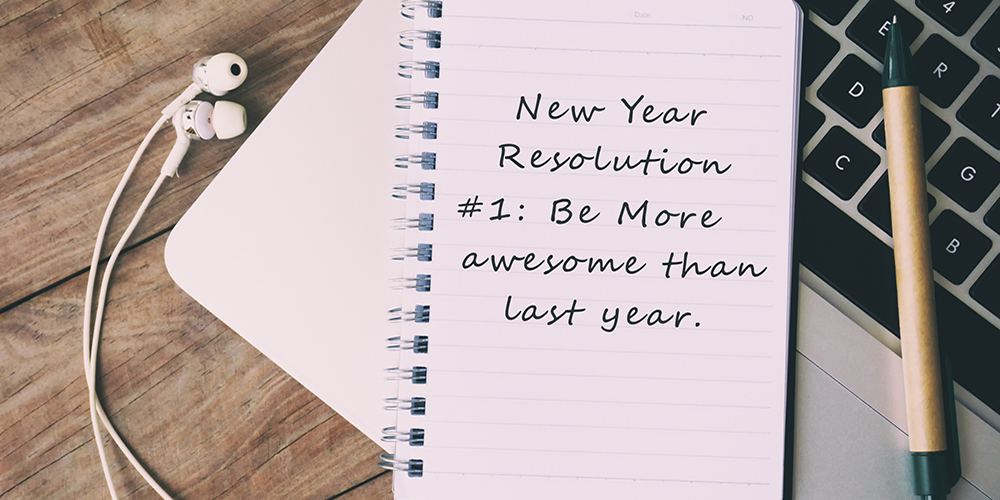
Make a Change for Better Health in the New Year
Share
Have you set an intention to make better choices around diet and exercise in the New Year? Kudos for recognizing a change needs to be made and committing to it! As you begin to adopt new, healthier behavior, remember that change is a process. Be kind and patient with yourself. It takes about six weeks for a new behavior to become ingrained in our lifestyle, whether it's exercising, eating more veggies and less meat, or limiting those sodas you've come to love.
Success involves creating plans for moving forward, as well as for for managing those inevitable setbacks. Here are some simple strategies to help you achieve your goals.
Know Your Why. Write down why you want to adopt a particular health behavior or change a poor one. Motivation is an important predictor of behavior, so be honest with yourself. Think deeper than just wanting to fit into smaller clothes - examine how you want to feel when you achieve that goal. Connecting emotion to your "why" strengthens your motivation and willingness to stick to the goal: I'll feel healthier and stronger and more confident when I lose weight and fit into a smaller size.
Find Your Tribe. Enlist the support of loved ones, friends, and co-workers. Working toward a goal together provides social support that makes it easier (and more fun) to stick with making the change. You might start by telling the people closest to you what you are doing and why. Ask people for specific help: When you see me reach for a third cookie, please say something. Tell people what you need as you start and keep them updated as you progress.
Have a Plan and Be Flexible. Anything you want to achieve isn't about finding the time, it's about making the time - and that's a choice in your power. Look at your daily and weekly routines to identify blocks of time when you can exercise or prepare meals in advance. It may mean getting up 20 minutes earlier or getting off social media. Do it. Make actual appointments with yourself and keep them. Planning also means knowing your environment - at home, work and play - and being aware of triggers that could put you off course. Examples: bring your lunch instead of going out; take a walk before eating; reduce temptation by removing salty, fatty snacks from the house; shop for food mindfully, staying in the outside aisles of the store where the food is typically healthier. And be flexible: life happens and things will get in the way. Those are temporary shifts. Get right back to your health routine the following day or as soon as possible.
"Be at war with your vices, at peace with your neighbors, and let every new year find you a better man." - Benjamin Franklin

1 comment
My goal for the new year is to eat healthier and spend more time outside. I like your suggestion to be more flexible. I tend to make a plan and stick to it, but sometimes things happen that, if acted on, can be a better idea. Thanks for the interesting post. I hope you have a great year!